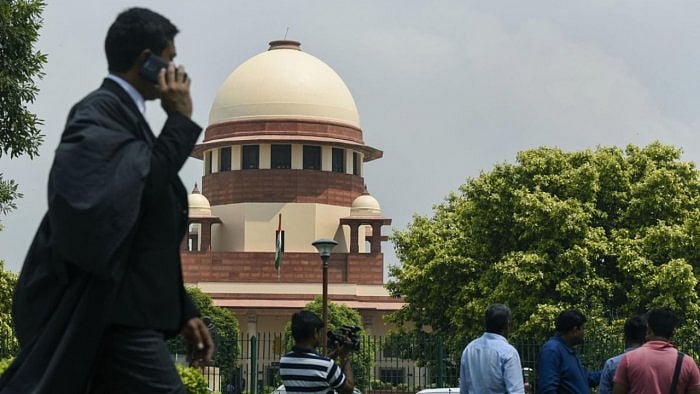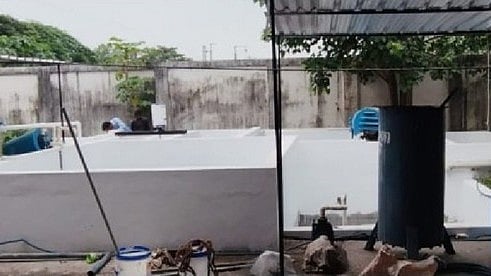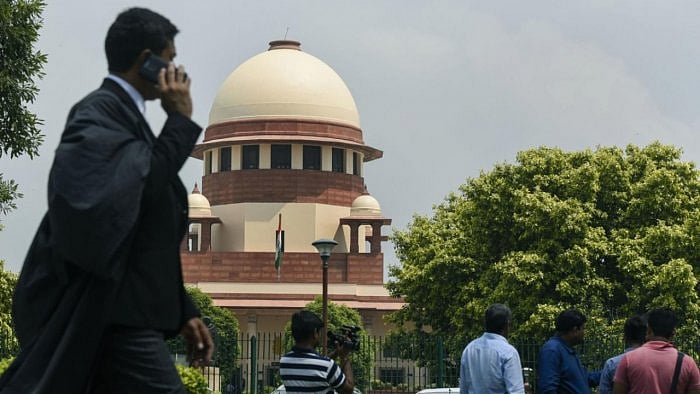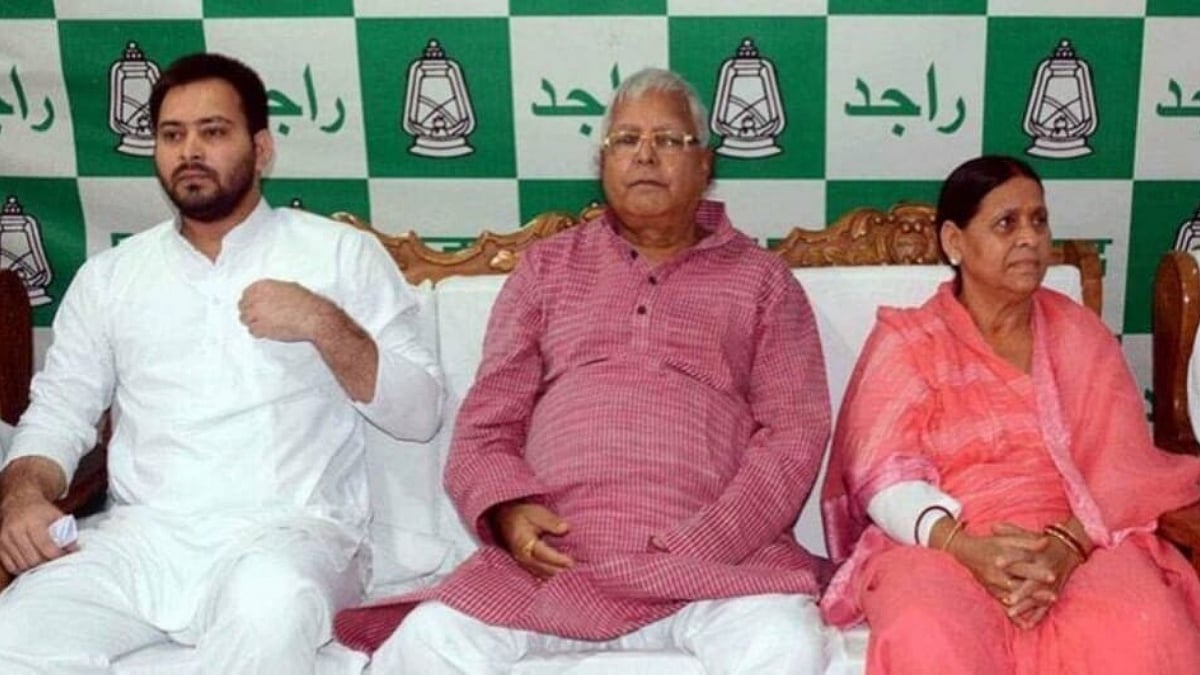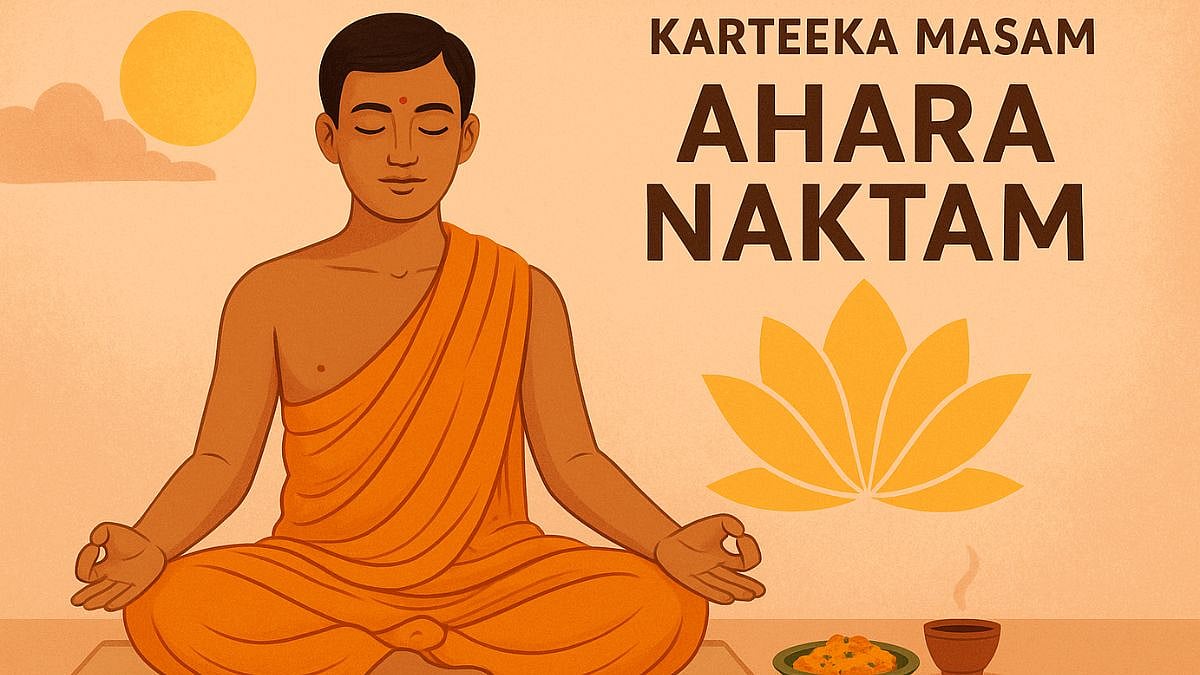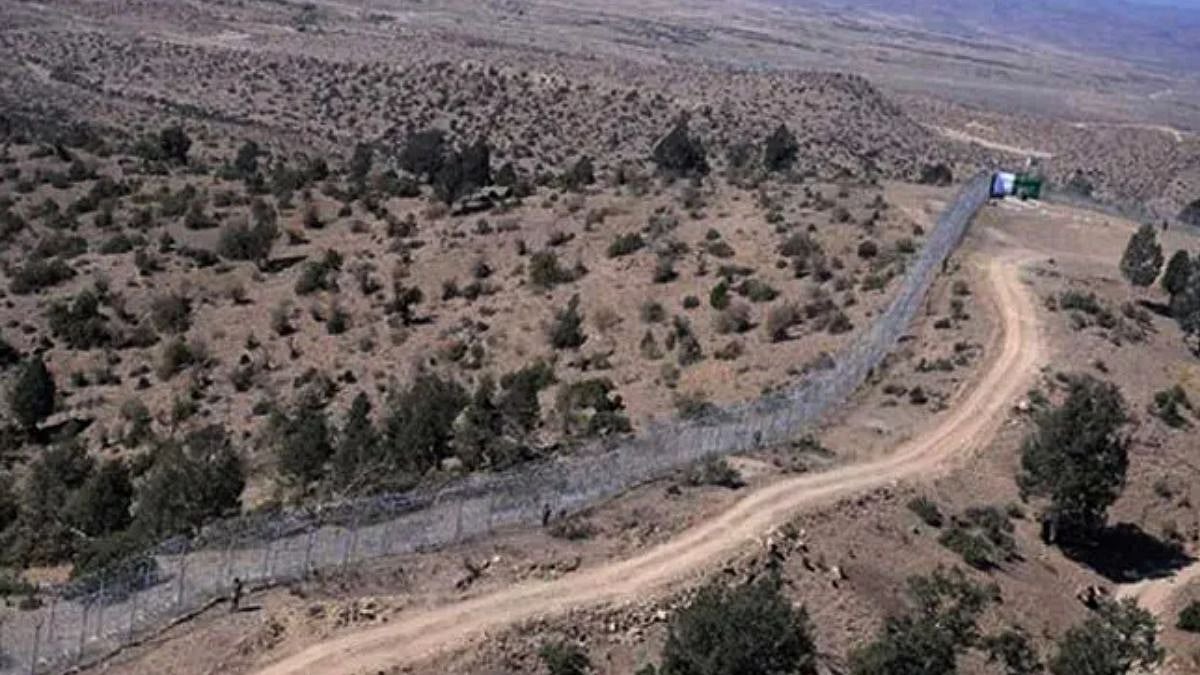The Supreme Court’s recent ruling that political parties are not ‘workplaces’ under the POSH Act offers clear legal reasoning that parties are voluntary associations, not employer– employee setups. I respect the SC’s interpretation. Yet the judgment spotlights a realworld gap – political spaces often function like workplaces in power, hierarchy, and dependency, but without corresponding safeguards.
On the ground, harassment flourishes where power is concentrated, structures are informal, and careers hinge on gatekeepers. Young party workers depend on leadership for tickets, positions, visibility, and funding. Women and members of marginalised communities enter male-dominated, highstakes environments with few formal protections. Volunteers and interns frequently operate outside contracts, HR systems, or internal complaints mechanisms.
These dynamics mirror workplace vulnerabilities, even if they don’t meet POSH’s statutory definition. Constitutionally, the case for protection is strong. Article 14’s equality, Article 15’s non-discrimination, and Article 21’s dignity should not stop at party doors. If we value inclusive political participation, we must ensure freedom from harassment wherever political work actually occurs: offices, rallies, war rooms, field operations, and digital spaces.
Comparative practice also points the way. The UK covers political parties within equality regimes. Canada has parliamentary harassment policies extending to political staff. Australia has robust codes for political workplaces. India can craft a model that respects our context while ensuring safety.
Practical steps forward
Political parties: Voluntarily adopt POSH-like policies; set up independent grievance committees with external experts; mandate prevention training for leaders and cadres; publish anonymised annual compliance summaries.
Election Commission: Issue model guidelines on political conduct and grievance redress for parties, with disclosure and audit benchmarks. Legislature: Consider a targeted amendment to explicitly include political organisations and political staff/volunteers within a harassment-prevention framework, calibrated to their unique structures.
Civil society and media: Provide training for political workers; offer legal aid pathways; maintain scrutiny of party-level complaint mechanisms while protecting survivor confidentiality. This is not about judicial overreach or partisan advantage. It’s about building safe, dignified pathways into public life. The law’s letter has been clarified; now, policy must meet reality. A POSH-aligned framework for political spaces will protect ambition without fear and strengthen democratic trust.
The author is a legal professional and POSH trainer
